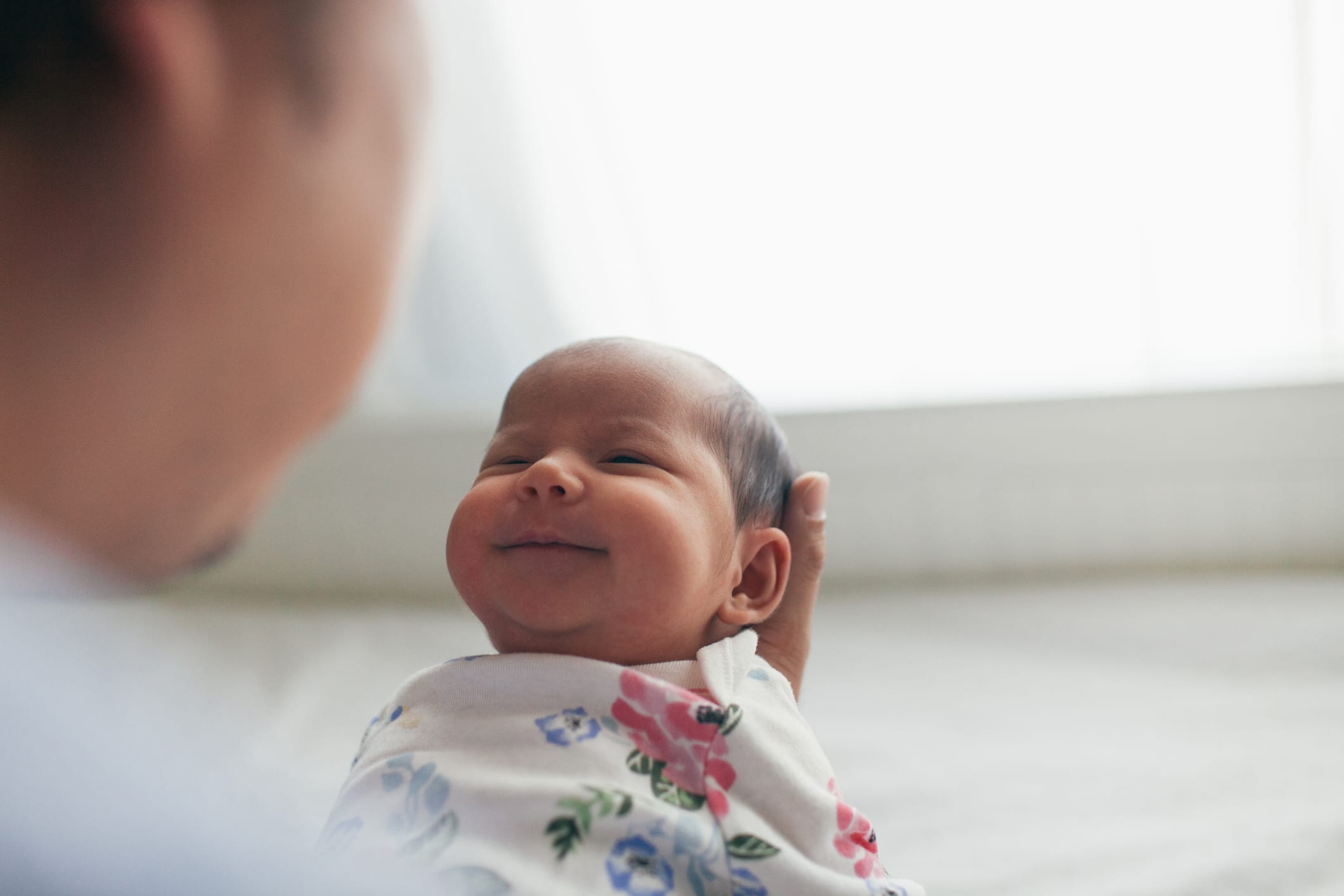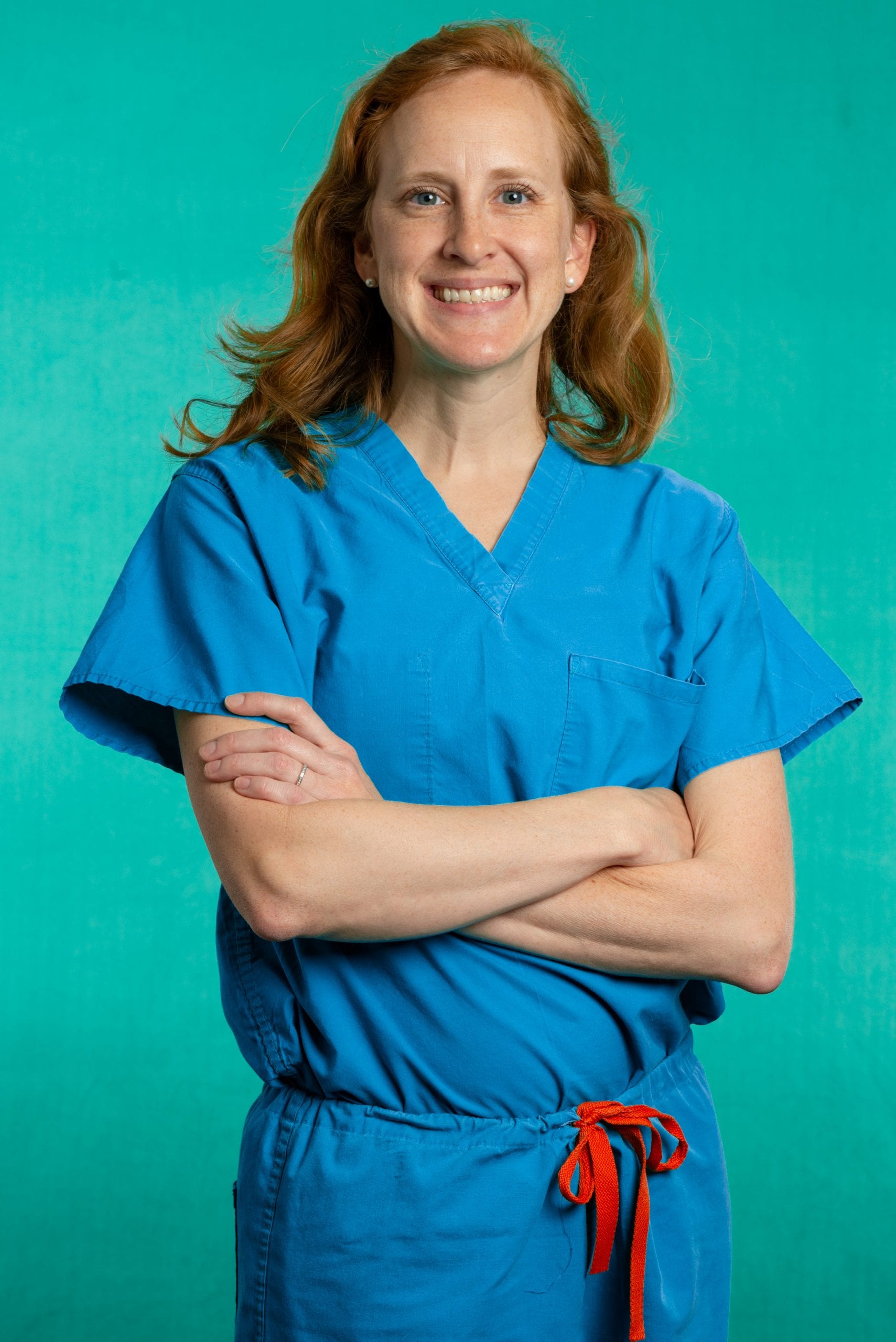Disclosure :: this post is sponsored by Touro Infirmary.
Protecting Your Preemie During the (COVID-19) Holidays
 Flu season happens every fall and winter in the U.S. and this year we must take extra precautions to also protect ourselves and our families from COVID-19. We know that the flu can be very dangerous for premature babies, but we do not have enough knowledge to know exactly how a COVID infection will affect a preemie. While preemies get sick more often than other children, especially during the baby’s first winter or two, parents can follow a few simple steps to keep their baby healthy during the holidays.
Flu season happens every fall and winter in the U.S. and this year we must take extra precautions to also protect ourselves and our families from COVID-19. We know that the flu can be very dangerous for premature babies, but we do not have enough knowledge to know exactly how a COVID infection will affect a preemie. While preemies get sick more often than other children, especially during the baby’s first winter or two, parents can follow a few simple steps to keep their baby healthy during the holidays.
Avoid large gatherings
If this is your preemie’s first holiday season at home, your relatives may be anxious to visit or to have you over for gatherings and parties. Saying no can be disappointing for everyone, but remember, your baby’s health is more important than a family member’s hurt feelings. You should also not be taking your preemie out in public, especially to places like the grocery store and the mall. Life does happen, so if you must, my best advice is to leave the infant in his/her carseat and keep a cover over the carseat to avoid a stranger coughing or sneezing near them and to decrease the temptation of touching them.
Wear masks
If you MUST go out or interact with others outside your immediate household, you should always be wearing a mask that covers both mouth and nose. Parents should avoid bringing their preemie around others who are not wearing masks and should stay at least six feet away from people outside of your immediate household. In general, the MORE time you and your baby are around MORE people (especially if they’re in close proximity and not wearing a mask), you have MORE chances to contract illness.
Masks are not recommended for children under the age of two. Babies and children younger than two years have smaller airways, so breathing through a mask can be more difficult.
Wash your hands often
The best and most important way to keep your preemie healthy is to wash your hands frequently. This can help lessen the chance of spreading the flu, COVID-19, or other common viruses like RSV. You should thoroughly wash your hands whenever they get soiled, after every diaper change, and after trips to the bathroom. Anyone who has any contact with your baby should follow the steps below:
- Remove any rings, bracelets, or watches. It can be hard to clean under these. You may want to stop wearing jewelry and false nails until your baby is a little older.
- Use warm water and plenty of soap to work up a good lather.
- Clean your whole hand, under your nails, between your fingers, and up your wrists. Don’t just wipe — rub well.
- Keep washing for at least 10 to 15 seconds. You may be surprised how long this takes, so be sure to count.
- Rinse. Let the water run down your fingertips, not up your wrists. Air dry or pat with a clean towel.
Get your flu shot
A flu vaccine doesn’t protect you from COVID-19, but it can reduce your risk of serious illness from the flu, which can also protect your premature baby from getting very sick. A flu vaccine is available, but it is only approved for babies older than 6 months. If your preemie will be less than 6 months old during flu season, it’s up to you to protect him or her from the flu.
Parents, caregivers, and older siblings should all get the flu shot to avoid catching the flu and then passing it on to the preemie.
How long should you take these precautions?
Your preemie won’t always need this extra protection. As he or she gets older, his or her immune system will become more developed. Talk to your baby’s healthcare provider about when it may be safe to take your preemie out.
About the Author
 Jessica Patrick-Esteve was born and raised in New Orleans, LA and received her medical education at Louisiana State University Health Sciences Center-Shreveport. She completed both her Pediatric residency and Neonatology fellowship at LSU New Orleans. She joined LSU as an Assistant Professor of Pediatrics in the Division of Neonatology in 2015. She chose Neonatology for the bonds built with her patients and their families, while caring for the tiniest of critically ill patients.
Jessica Patrick-Esteve was born and raised in New Orleans, LA and received her medical education at Louisiana State University Health Sciences Center-Shreveport. She completed both her Pediatric residency and Neonatology fellowship at LSU New Orleans. She joined LSU as an Assistant Professor of Pediatrics in the Division of Neonatology in 2015. She chose Neonatology for the bonds built with her patients and their families, while caring for the tiniest of critically ill patients.
In addition to clinical duties, Dr. Patrick is the Assistant Pediatric Clerkship Director at Louisiana State University Health-New Orleans and enjoys educating medical students during clinical rotations and through small group discussions.
Fun Fact: Was a ballet dancer with a local ballet company until medical school began, and now performs with the company in the annual performance of The Nutcracker















